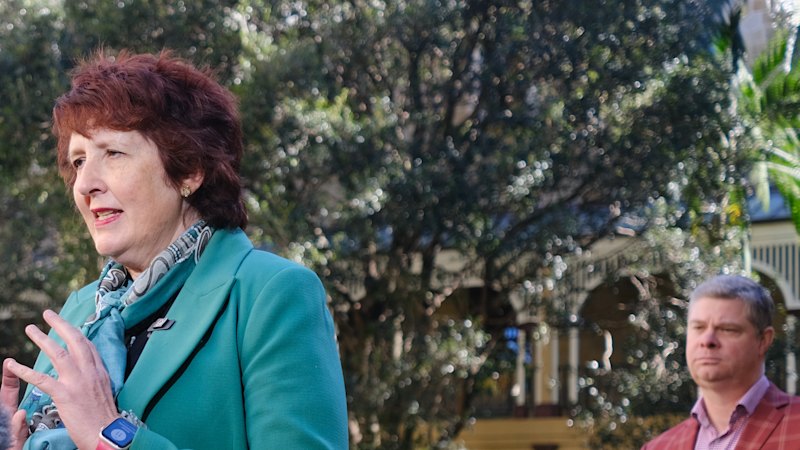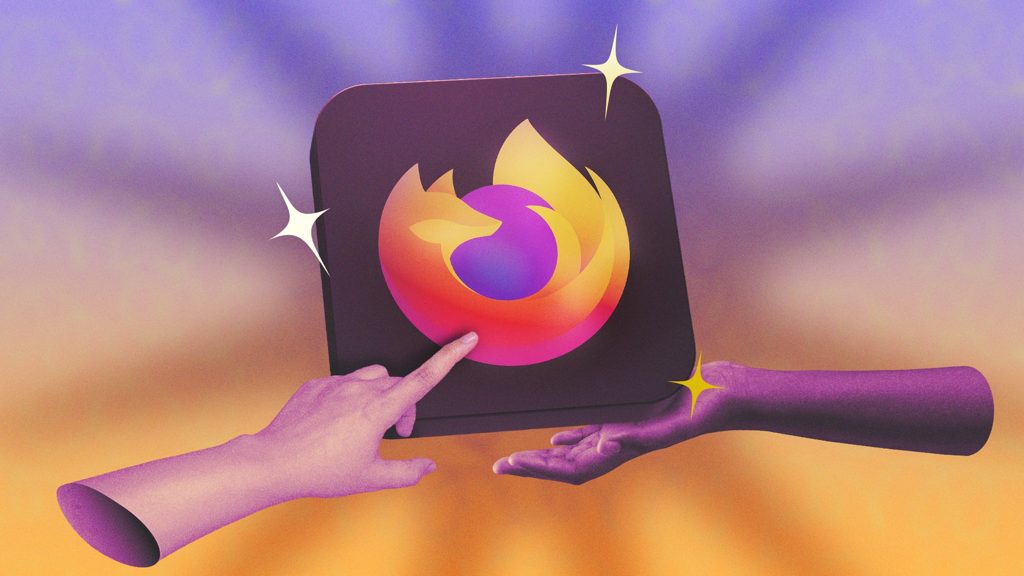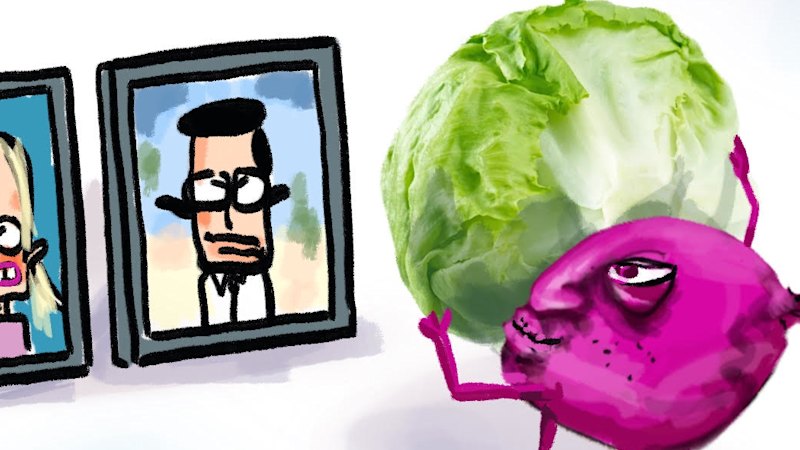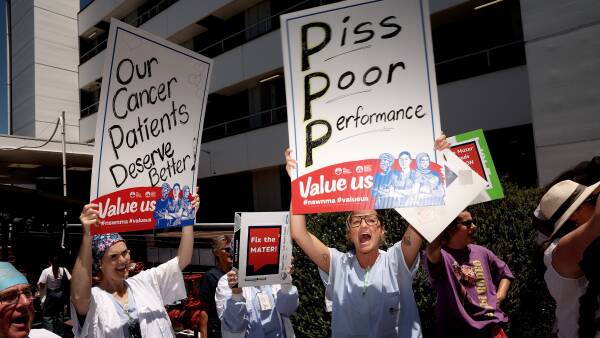
The Queensland government has revised its definition of a woman to focus strictly on biological indicators, as revealed by a parliamentary question on notice. On Monday, Fiona Simpson, the Minister for Women, responded to Robbie Katter, leader of Katter’s Australian Party, regarding the state’s definition and the inclusion of transgender individuals.
Simpson clarified that a woman is defined as “an adult female human being.” This marks a significant shift from the previous administration’s broader definition, which was part of the women and girls’ health strategy released in October 2022. That strategy included “all people who identify as a woman or girl” and acknowledged the healthcare needs of intersex and gender-diverse individuals while distinguishing between sex and gender.
The current government’s stance has sparked controversy, particularly among parents of transgender children and various community and activist groups. Earlier this year, the government implemented a ban on puberty blocker treatments for minors in state hospitals, a move that has drawn considerable criticism. A mother of a transgender child has since initiated legal action against the state, asserting that the ban has rendered gender-affirming care prohibitively expensive for many families in Queensland.
In court proceedings, it was disclosed that the state had engaged with stakeholders for just 22 minutes on January 28 regarding the impacts of discontinuing support for puberty blocker treatments, while the Health Minister publicly announced the ban. Critics have pointed out that the government’s rationale for pausing and later withdrawing support for these treatments was linked to allegations of misconduct in Cairns.
Simpson’s comments have also come under fire for adopting anti-transgender terminology when addressing women’s healthcare issues. In a heated exchange in parliament, Amanda Camm, the Minister for Child Safety, criticized former Women’s Minister Shannon Fentiman for her approach to gender issues, stating that to safeguard women’s rights, one must have a clear definition of what constitutes a woman.
These remarks echoed a broader sentiment among those critical of the global rights movement for transgender and gender-diverse individuals. Just days prior, David Crisafulli, the Premier of Queensland, cautioned members of the Liberal National Party against being sidetracked by ideological debates, emphasizing the need for unity within the party.
Crisafulli’s administration has faced scrutiny not only for the definition of woman but also for its stance on reproductive rights. Shortly after taking office in late 2024, he controversially banned parliamentary discussions on abortion, following indications from Katter that he would propose restrictions during the subsequent state election campaign.
Queensland’s legal landscape regarding gender identity has evolved, as evidenced by the introduction of legislation allowing individuals to change the assigned sex on their birth certificates in mid-2024. This change applies to both adults and adolescents, reflecting ongoing debates about gender identity and rights in the region.
As the Queensland government continues to navigate these contentious issues, the implications of its policies on transgender rights and healthcare remain a focal point for advocates and affected families across the state.






